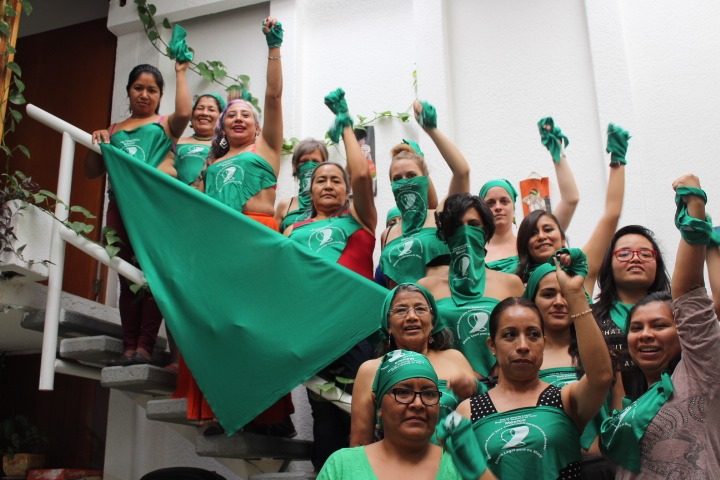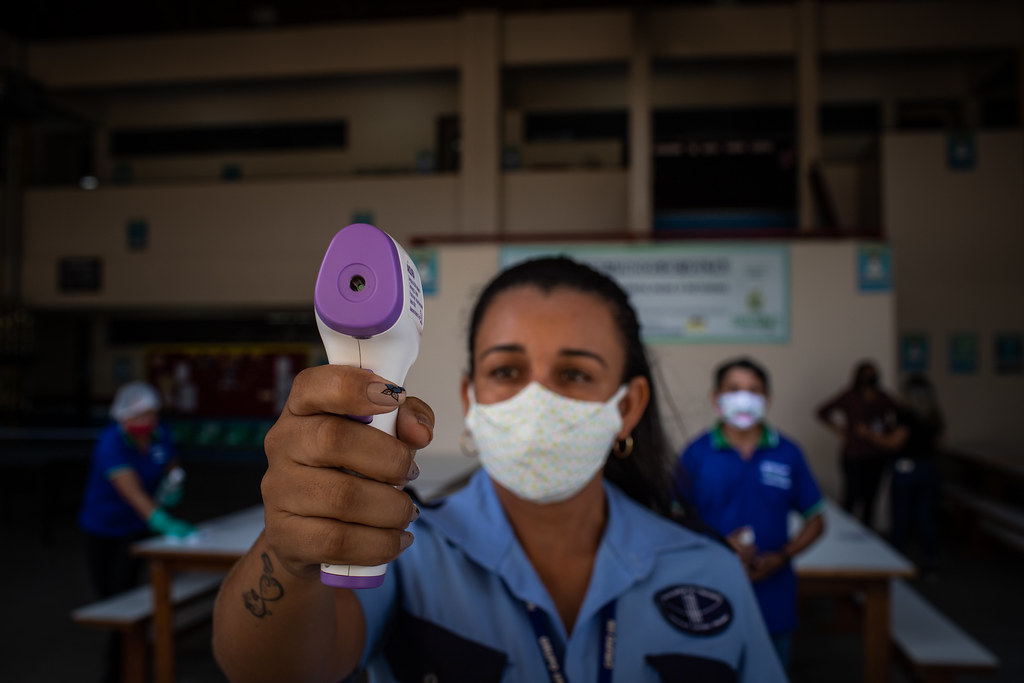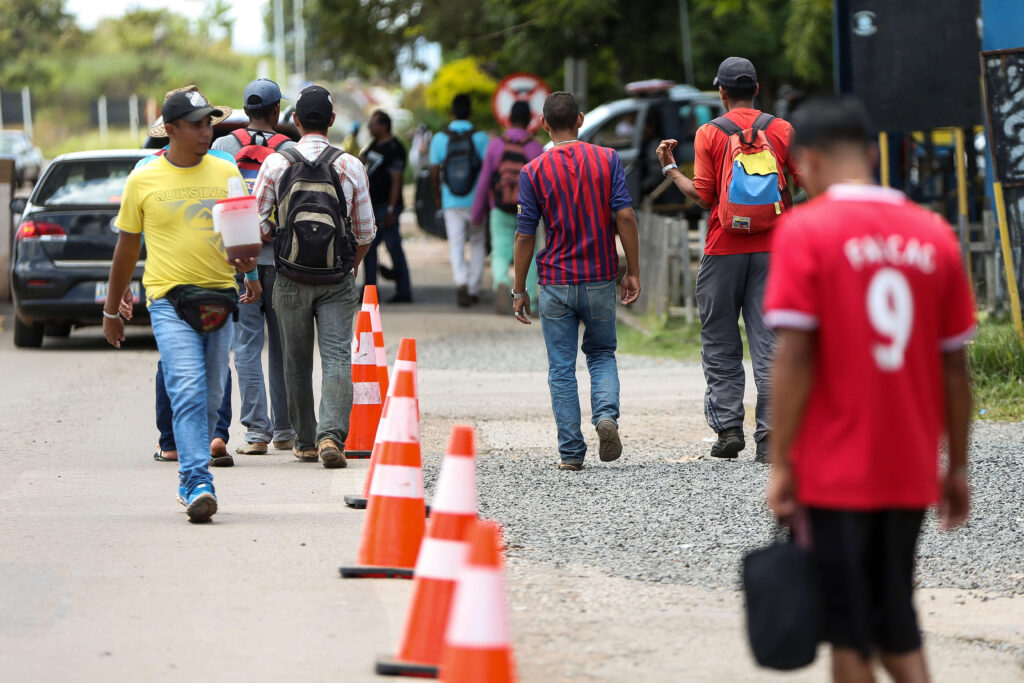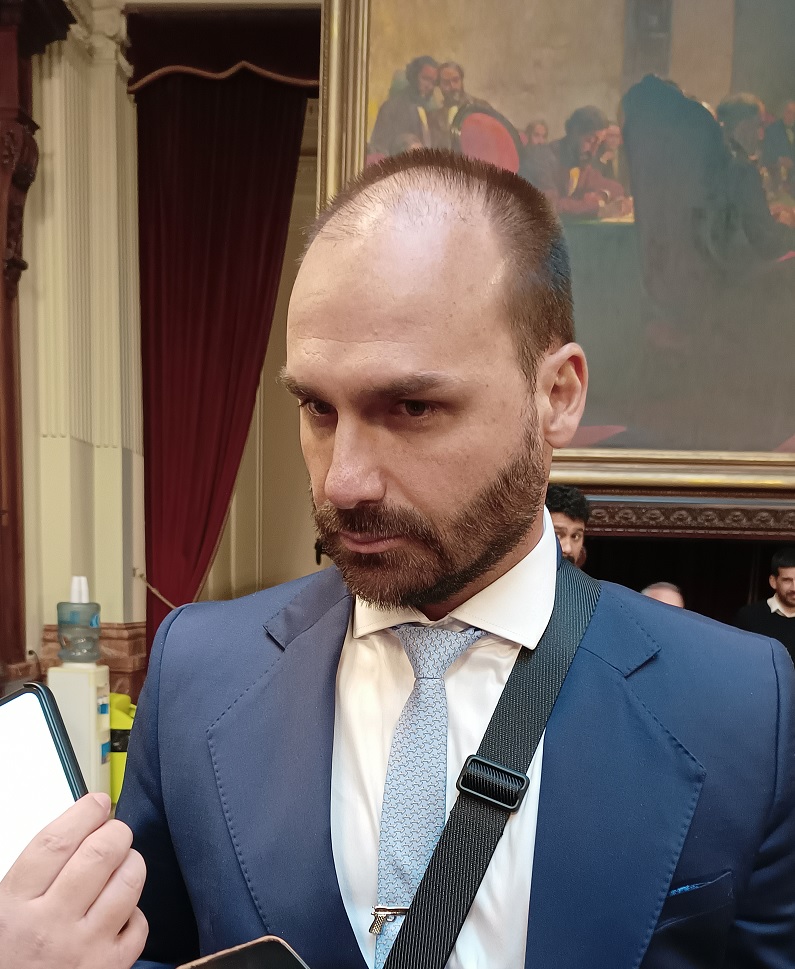“Us, feminists, we’re the ones who are behind the movement to legalize abortion,” Pilar Muriedas Juárez, a director of Oaxaca-based Feminist Civil Association Consorcio told Latin America Reports.
A woman’s autonomy over her own body has always been one of the basic principles of feminism, Muriedas argues, claiming that a belief in gender equality goes hand-in-hand with the movement to legalize abortion.
Just over two weeks before this interview, on September 25, Muriedas and her team celebrated a monumental victory as Oaxaca became the second state in Mexico to legalize abortion up to 12 weeks into the pregnancy.
In the remaining 29 states, abortion is illegal except in cases of rape. However, according to reproductive rights organization GIRE, it is difficult for women and girls to receive the medical authorization necessary to carry out the procedure. In instances of danger to the life of mother or baby, legislation varies from state to state.
The now-or-never mindset of feminist representatives in the state Congress, who launched several initiatives to decriminalize abortion after establishing a dialogue with local feminist organizations, sped up the passing of the legal change by 24 congressional votes to 12, with four abstentions. Both female and male representatives were among those who voted to legalize abortion.
“Although we have our differences, the subject of abortion unites us,” Muriedas commented, speaking about the “alliance” Consorcio — a team composed of almost entirely women, with the exception of one transgender male — established with politicians, to whom she believes Oaxaca owes the success of the recent groundbreaking law change.
But, she emphasized, it was not an easy task.
“It has been very complicated, very difficult,” Muriedas said. “It’s not a recently-established fight, but one that we have been fighting for many years.”
One of the main reasons the battle has been so drawn out, she claims, is due to the power of religious hierarchies in Mexico. Although the state is secular, the country’s Catholic Church has consistently had strong links to politicians and thus influence in the political sphere.
Some of the main opponents of legalizing abortion in Mexico come from Catholic and Evangelical groups, who believe that life begins with fertilization. These groups have acted as the main resistance against Muriedas and her colleagues throughout their journey to decriminalizing abortion in the first trimester.
“We received threats and were intimidated… even in our office,” she recalled. “At one point we had to call the National System for Protection.”
“The very day [the change in law] was approved, they said some horrendous things to us, because they were in despair,” she added.
In 2007, abortion was legalized in Mexico City, the country’s capital. This law change sparked a counter-attack in several states throughout Mexico, seventeen of which were under the governance of right-wing National Action Party (PAN) at the time. As a result, state constitutions were modified, subjecting abortion to much stricter limitations.
Nevertheless, the steady demand for the procedure continued. Many women travel from other states — and even other countries — to Mexico’s capital city in order to access public and private clinics where they can terminate their pregnancies. According to Mexican news outlet Animal Politico, from when it was legalized in 2007 up until April this year, a total of 209,353 abortions were carried out legally. 146,110 of these were Mexico City residents.
In other states, abortions are still offered under illegal conditions, some of which can be dangerous for pregnant women. In Oaxaca, where it has only just been legalized, abortion is the third-most common cause of death for women. Approximately nine thousand women per year undergo abortions in illegal conditions without medical attention.
This, Muriedas points out, is a “social justice problem,” as it puts the lives of low-income pregnant mothers — who don’t have the resources to travel to Mexico City — at risk.
Consorcio’s fight for legal abortion was based on these two main arguments, and Muriedas hopes that with Oaxaca’s recent vote, the fight to legalize the measure across the country will become easier.
“It’s now on the legislative agenda, and this is a step forward,” she said. “It’s being debated… and female lawmakers in the Federal Congress are currently launching initiatives to legalize abortion in all states.”
“There is hope,” added Muriedas. “Other states are asking themselves: If Oaxaca can do it, why can’t we?”










